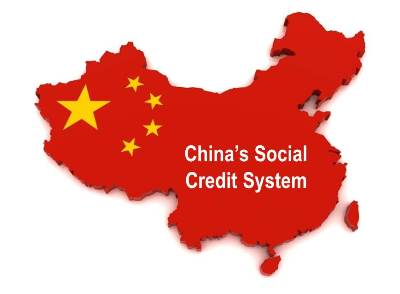a China will roll out vigorous efforts to build a more comprehensive and rigorous social credit system to improve its business environment and boost development, the State Council decided at an executive meeting chaired by Premier Li Keqiang on recently.
China will roll out vigorous efforts to build a more comprehensive and rigorous social credit system to improve its business environment and boost development, the State Council decided at an executive meeting chaired by Premier Li Keqiang on recently.
Key priorities for improving the social credit system were identified at the meeting. These measures include building a social credit-centered regulatory mechanism and enhancing social credit building in key areas concerning people’s livelihood. Premier Li Keqiang said that a social credit system comprising solid credit records of all market entities, is of fundamental importance.
Recent years have seen China make visible progress in developing a national social credit system. A unified social credit code has been introduced nationwide. A total of 33.99 million credit codes have been issued to newly registered businesses. And 71 central government departments and provincial governments have been connected to the national credit information sharing platform. The cross-sectoral, inter-agency mechanism of incentives and disincentives for acts of good or bad faith made initial impacts. Big data has been applied in credit investigation and helped businesses meet real needs.
For example, companies with good credit records had received 632,000 loans from financial institutions in the banking sector by the end of 2017.
“Breakthroughs have been made in developing the social credit system. Going forward, the system needs to be improved in key areas in response to specific needs,” Li said at the recent meeting. “The priority now is to improve our business environment with stronger measures against cheating in marketplace, such as counterfeiting, and infringements of intellectual property rights.”
Source: Xinhuanet






















